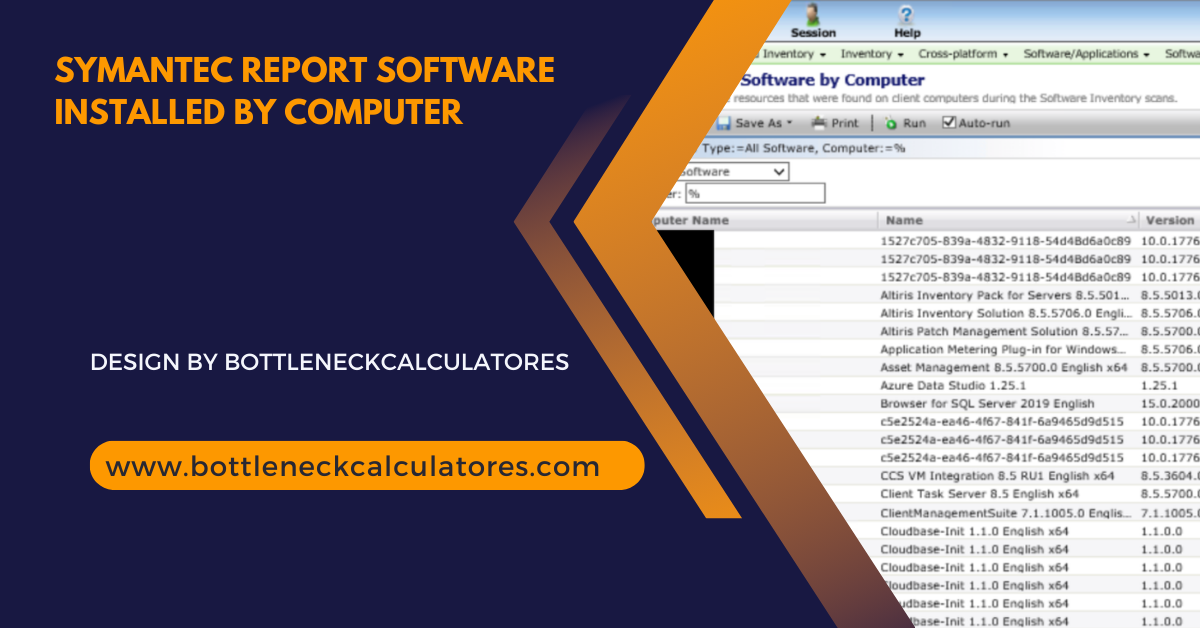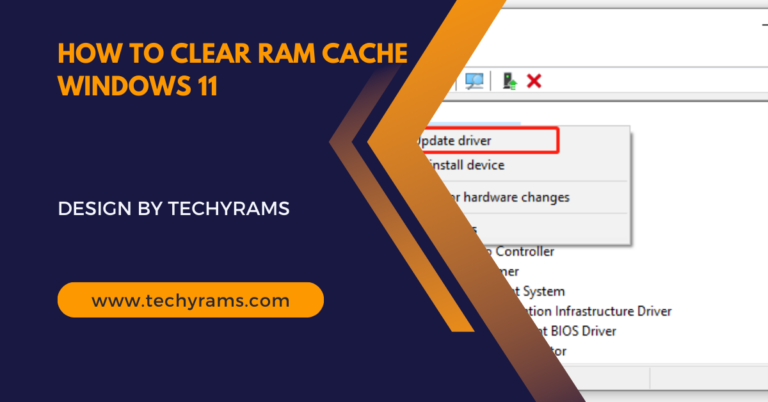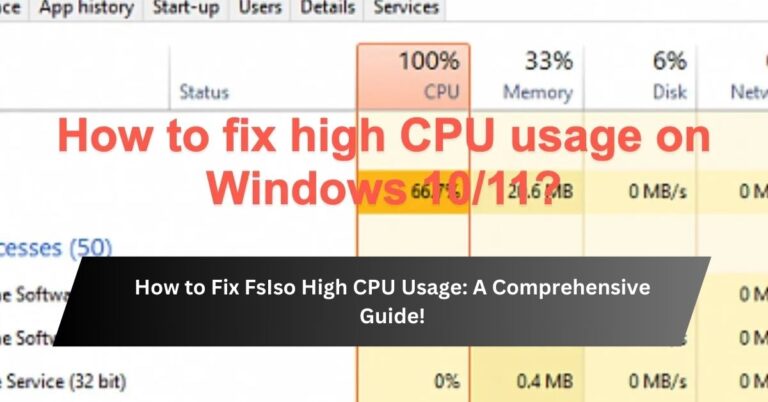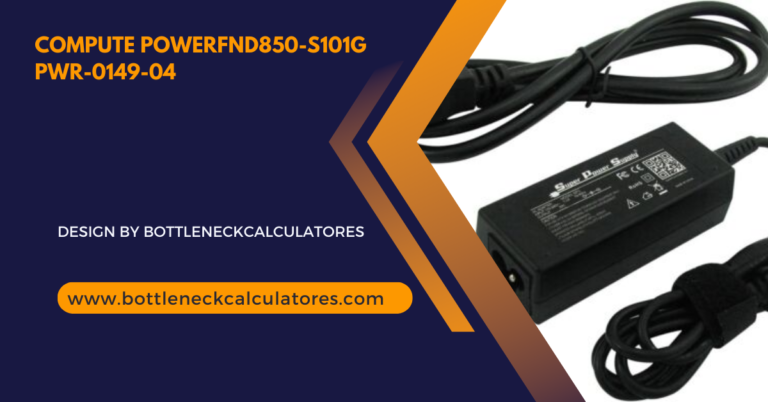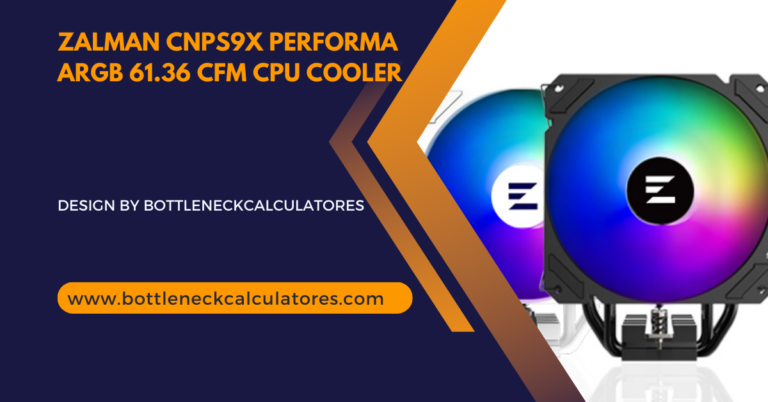Symantec Report Software Installed By Computer – A Complete Guide!
Effective IT management relies on knowing what software is installed across your organization’s computers. Symantec, a leader in endpoint management solutions, provides robust tools for generating detailed reports on software installations.
This guide covers how to use Symantec to track software installed on individual computers, ensuring security, compliance, and efficiency in IT operations.
What Is Symantec Endpoint Management?
Symantec Endpoint Management is a powerful solution for managing IT assets, offering tools for:
- Inventory Management: Monitor hardware and software across your network.
- Compliance Auditing: Ensure all devices meet organizational security standards.
- Software Deployment: Streamline updates and installations.
By leveraging these tools, you can gain visibility into installed software, helping to mitigate risks and optimize resource allocation.
Why Generate a Report on Installed Software?
Tracking software installed on each computer is vital for several reasons:
- Compliance Monitoring
Ensure all software is properly licensed and compliant with regulations. - Security Oversight
Identify unauthorized or outdated software that could pose security risks. - IT Asset Management
Gain insights into software usage to optimize costs and resources. - Problem Resolution
Diagnose compatibility issues or identify missing software on specific devices.
Steps to Generate a Symantec Software Report by Computer
Step 1: Log In to the Symantec Management Console
- Access the Symantec Management Console through your web browser.
- Use your credentials to log in with administrative privileges.
Step 2: Navigate to the Reports Section
- In the console, go to the Reports section under the Inventory Solution module.
- Select the option for software reports or create a new custom report.
Step 3: Define Report Parameters
- Use filters to narrow down the data:
- Specify the computer name or IP range.
- Select specific software titles or all installed software.
Use SQL queries for advanced filtering if needed. Example:
sql
CopyEdit
SELECT *
FROM Inv_InstalledSoftware
WHERE ComputerName = ‘Computer01’
Step 4: Generate the Report
- Click Run Report to display the data.
- Review the list of software installed on each computer.
Step 5: Export and Save the Report
- Export the report to CSV, Excel, or PDF format for further analysis.
- Save the report to share with stakeholders or use for audits.
Tips for Using Symantec’s Reporting Tools
- Schedule Regular Reports
Automate the generation of software reports to keep your records updated. - Filter by Importance
Focus on key software categories like antivirus, productivity tools, and compliance-critical applications. - Integrate Alerts
Set up alerts for unauthorized software installations or outdated versions. - Audit Software Licenses
Cross-check reports against your licensing agreements to avoid violations.
Benefits of Using Symantec for Software Tracking
- Improved Security
Quickly identify vulnerabilities caused by outdated or unapproved software. - Efficient Resource Management
Monitor unused or rarely used software to reduce licensing costs. - Enhanced Compliance
Maintain adherence to software licensing and regulatory standards. - Time-Saving Automation
Automate repetitive tasks like software audits and reporting.
Common Use Cases for Symantec Software Reports
- Enterprise Compliance Audits
Ensure all computers meet organizational and legal requirements. - IT Troubleshooting
Identify software conflicts or missing dependencies on specific computers. - Software Deployment Validation
Verify that newly deployed applications are installed and functional. - Usage Analysis
Assess software usage trends to plan for renewals or upgrades.
Where to Learn More
- Symantec Documentation
Explore official resources for detailed guides and tutorials. - IT Forums
Join discussions on platforms like Spiceworks or Reddit to share tips with other Symantec users. - Professional Training
Enroll in Symantec-certified training courses to enhance your expertise.
FAQ’s
1. What is Symantec Endpoint Management?
Symantec Endpoint Management is a tool for IT asset management, offering inventory monitoring, compliance auditing, and software deployment capabilities.
2. Why is generating a software installation report important?
It helps with compliance monitoring, security oversight, IT asset management, and resolving software-related issues.
3. How can I log in to the Symantec Management Console?
Access the console through your web browser and log in with your administrative credentials.
4. What steps are involved in generating a software report?
Log in to the console, navigate to the reports section, define report parameters, run the report, and export the results.
5. How can I customize the software report?
You can use filters like computer name, IP range, or software titles and even apply SQL queries for advanced customization.
6. What are the benefits of using Symantec for software tracking?
Symantec offers improved security, efficient resource management, enhanced compliance, and automation for repetitive tasks like audits.
7. How can I ensure my software reports stay updated?
Schedule regular reports in the Symantec Management Console to automate updates and keep records current.
8. Where can I find more information about Symantec reporting tools?
Explore official Symantec documentation, participate in IT forums, or enroll in Symantec-certified training courses.
Conclusion
Symantec’s reporting tools empower IT administrators to monitor software installations on individual computers, ensuring compliance, security, and operational efficiency. By generating detailed reports, you gain actionable insights that drive better decision-making and streamline IT processes. Whether you’re auditing for compliance or optimizing software resources, Symantec’s solutions make the task manageable and effective. Start leveraging Symantec today to maintain control over your organization’s IT environment and ensure your systems are secure and compliant.

